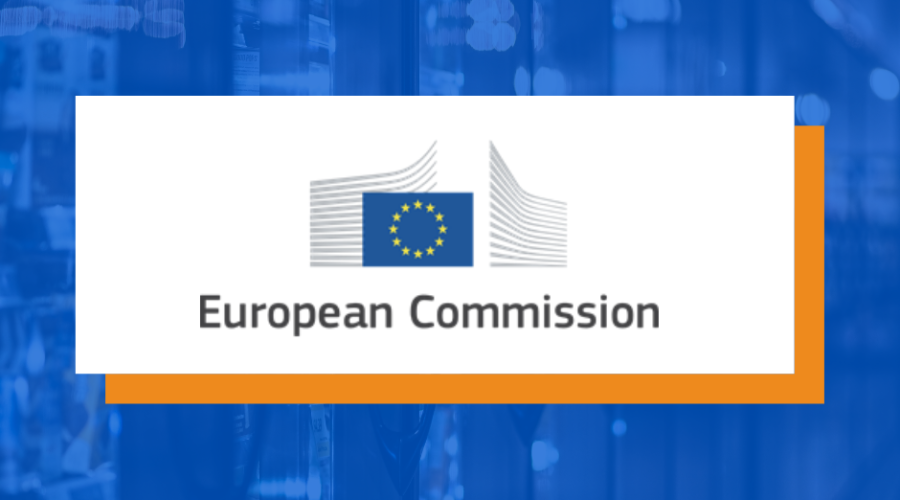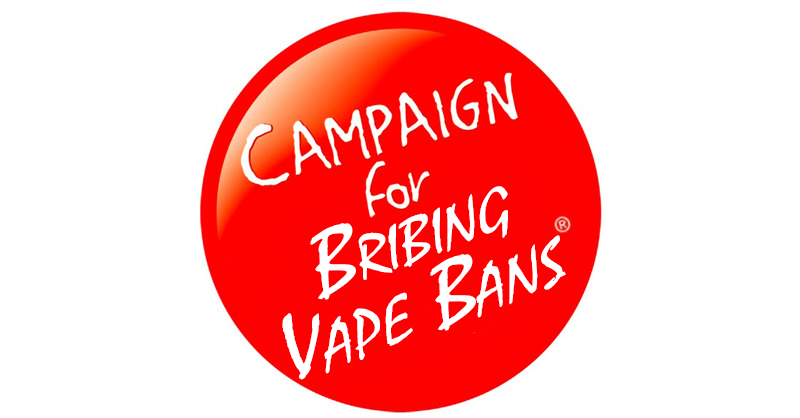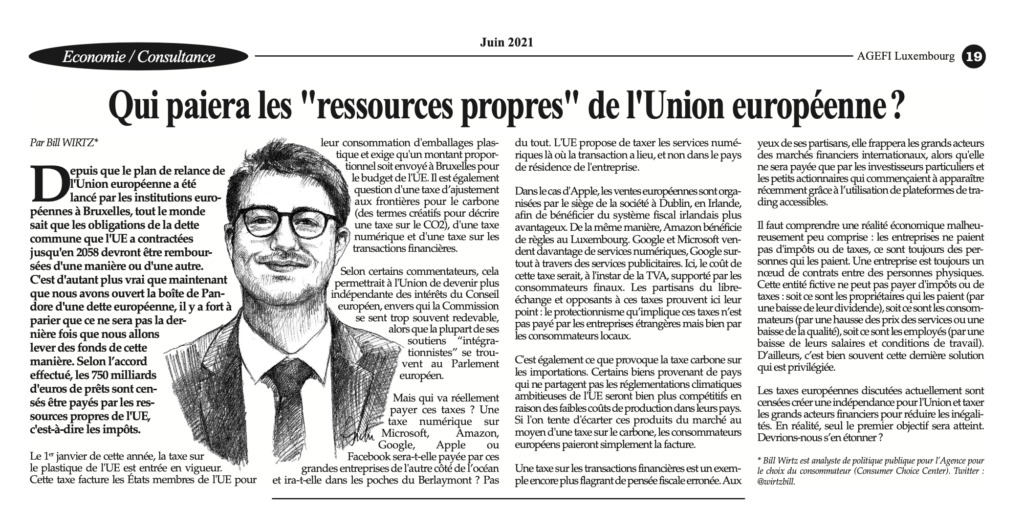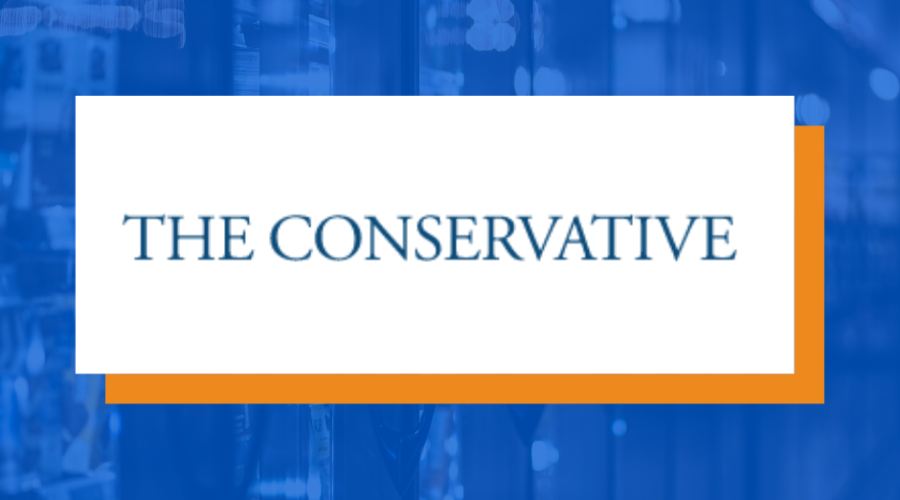May 2021
| Publications, media hits, team announcements, and more! |
| Hello! Another month has wrapped up here at the Consumer Choice Center, and summer is starting but our work doesn’t stop!  UK’s OBESITY STRATEGY WILL FAIL Obesity is on the rise like never before. More than one in four people in the UK are now obese, one of the driving forces behind the mortality rate from Covid. In the year leading up to the pandemic, more than a million people were admitted to hospital for obesity-related treatment in England. Our policy fellow Jason Read wrote about this for CityAM. READ MORE  WE JOINED AN IP COALITION We joined a global coalition to protect innovation and property rights around the world! LEARN MORE |
 PANDEMIC RESILIENCE INDEX 2021 We love indices! And after publishing the Railway Index, here we are with the Pandemic Resilience Index: where Israel and the United Arabic Emirates topped the list! And what about the rest of the world? Well, I’d suggest you check it out! READ HERE |
| And Mariia was on fire this month writing a ream of information on the Pandemic Resilience Index in both the UK and Ukraine: Kyiv Post – Pandemic Resilience Index The Conservative – Pandemic Resilience Index The Conservative – Pandemic Resilience Index |
 IMPORTANCE OF IP FOR MEDICAL INNOVATION Meanwhile, in North America, my colleagues David and Yaël wrote an article on Intellectual Property and COVID vaccines in the Financial Post. It generated a lot of fire. Check it! READ HERE |
| David also went on Canadian national TV talking about why Canada should not uphold the TRIPS Waiver on Covid Vaccines at the World Trade Organization: |
 BIDEN’S INFRASTRUCTURE PLAN AND BROADBAND? And my dear colleague Yaël wrote a syndicated article on the pie-in-the-sky broadband plan contained within the Biden’s administration infrastructure plan. What will it mean for consumers? READ HERE |
 ENDING LIQUOR MONOPOLY IN ONTARIO David also got published in the Financial Post, making the case for ending the liquor monopoly in Ontario, which he argues would be a win-win solution for consumers. READ MORE |
 WELCOME TO THE TEAM! We are delighted to announce two new addition to the Consumer Choice Center team: Fellow Amanda-Ellen Gibbs Adjunct research fellow Kimberlee Josephson LEARN MORE |
| And stay tuned, because this month we are set to publish two indices instead of one! Look forward to the Latin American Sharing Economy Index, written in collaboration with Somos Innovacion and Relial, and the Global Sharing Economy Index of 2021! After our pandemic year, which city will fare the best? Stay tuned to discover more! All the best, |
 Luca Bertoletti Senior Government Affairs Manager |














 Best New Think Tank
Best New Think Tank














